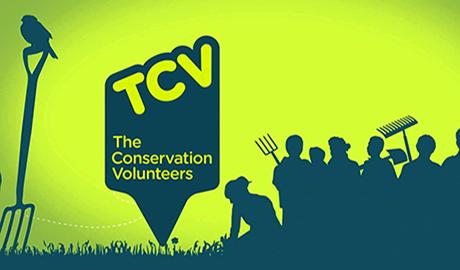Meditation: Connecting With Nature For Mindfulness
Mental Health / VolunteeringWe all have ways of distracting ourselves and leaving the present moment, whether by reaching for our phones, switching on the television or through a myriad of other ways. In our modern society of advanced technology, this is easier now than it ever was.
Of course, enjoyable distractions are healthy and necessary, but like anything else, it’s important to find that balance. Instead of chronically dissociating from our lives, we appreciate what is right here and now; the people we are with, what’s around us and how we really feel.
What is Meditation?
Essentially, meditation is being completely present in the here and now. When we meditate, we become more mindful and present by focusing on an object or on our breath. We concentrate on something that keeps us present. In doing this, we allow our minds to become clearer and reach a more peaceful and aware state in which we are simply being.
Not judging, not overthinking, just living each moment as it comes. It isn’t another form of escape but the very opposite. We become more awake in our minds and to everything taking place around us.
Origins of meditation
Meditation has been around for thousands of years, if not longer. It is traditionally associated with Buddhism and with spiritual awakening. But most religions have traditions of using meditative practices. Over the last half-century, practising meditation secularly has become more widespread in the west.
Currently, there are many classes, apps, videos and even in-person retreats available aimed at helping people of all ages learn and engage in meditation to boost their mental and physical wellbeing. It is even being used more frequently in therapeutic work to ease depression and anxiety and in palliative care.
With our collective mental health having suffered since the start of the pandemic, such a valuable tool can’t be underestimated.
Connecting to nature and green spaces
Meditation and the natural world have a strong connection; not only because beautiful outdoor settings are lovely and enlivening places in which to meditate! When we take a walk in nature or observe flowers growing or touch the bark of an old tree, that presence and inner joy in what we are experiencing is mindfulness. In that moment we are focused on our senses, on what we can see, hear, touch… we are present, and this is a type of meditation in itself. Meditation doesn’t always require sitting in the lotus position to be effective!
Interestingly, we sometimes hear the expression of being uprooted to describe states of stress. Many grounding meditations involve the image of rooting ourselves into the earth, feeling our connection with the ground and feeling the support and stability the earth gives us. This ties directly into the increase in wellbeing people experience when in nature!
Sitting or walking in nature might not be for everyone. If you are the type of person that likes to be on the move, gardening, planting trees and flowers or even cutting back brambles to increase usable green space can be a form of meditation.
Feeling the soil between your fingers, smelling the fragrance of pollinator-friendly flowers, watching a robin looking for tasty morsels after you have disturbed the soil with your wellies – these are all examples of being mindful of the world around you.
TCV has opportunities across the UK where you can practice whatever kind of mindfulness in nature appeals to you. Come join us and see how you can practice mindfulness whilst making a difference in your local community.
Essentially, everything flourishes with our attention, whether that’s ourselves, our relationships or nature. Distractions have their place, but we also don’t want to sleepwalk through our lives. We don’t want to miss out on the things we love, the exponential opportunities and awe-inspiring natural world around us, or we risk losing those very things we hold most dear.
Let’s try to bring presence to ourselves, our bodies and our minds and extend that presence to our wonderful living planet!
























































